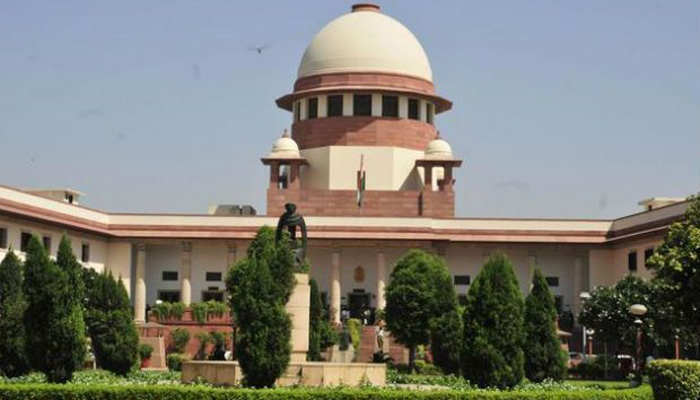TRENDING TAGS :
SC to revisit its own directions in dowry harassment cases
New Delhi: The Supreme Court on Friday decided to revisit the directions issued by its two judge bench in July that had said that police would not arrest husband or his family members till the allegation of dowry harassment by the wife were verified.
The court said that these directions curtailed the rights of the women who suffer dowry harassment.
Expressing its disagreement with the directions issued on July 28, Chief Justice Dipak Misra, heading the bench also including Justice A.M. Khanwilkar and Justice D.Y. Chandrachud, said: "We are not in agreement with the judgment passed in the case. We can't write law. We can only interpret law."
" ..., we are obligated to state that we are not in agreement with the decision rendered in Rajesh Sharma (supra) because we are disposed to think that it really curtails the rights of the women who are harassed under Section 498A of the Indian Penal Code", the court said in its order.
"That apart, prima facie, we perceive that the guidelines may be in the legislative sphere."
The July 28 directions to prevent harassment of the husband and his family members in alleged dowry harassment cases had come in the case titled Rajesh Sharma & others versus State of U.P. & Anr.
The court appointed senior counsel Indu Malhotra and V. Shekhar as amicus curiae to assist the court, while issuing notice to the Centre and two others seeking their response and directing the next hearing on November 29.
Issuing eight directions by its July 28 judgment to prevent the harassment of husband and his family members in alleged dowry harassment cases, the bench of Justice Adarsh Kumar Goel and Justice Uday Umesh Lalit had said that they were conscious of the object for which the provision(Section 498A) to curb dowry harassment was brought into the statute, but at the same time, "violation of human rights of innocent cannot be brushed aside"/
The bench had the said that "certain safeguards against uncalled for arrest or insensitive investigation have been addressed by this Court. Still, the problem continues to a great extent."
"To remedy the situation, we are of the view that involvement of civil society in the aid of administration of justice can be one of the steps, apart from the investigating officers and the concerned trial courts being sensitized," said the July 28 judgment.
The judgment being revisited by the court had further said, "It is also necessary to facilitate closure of proceedings where a genuine settlement has been reached instead of parties being required to move High Court only for that purpose."
IANS



